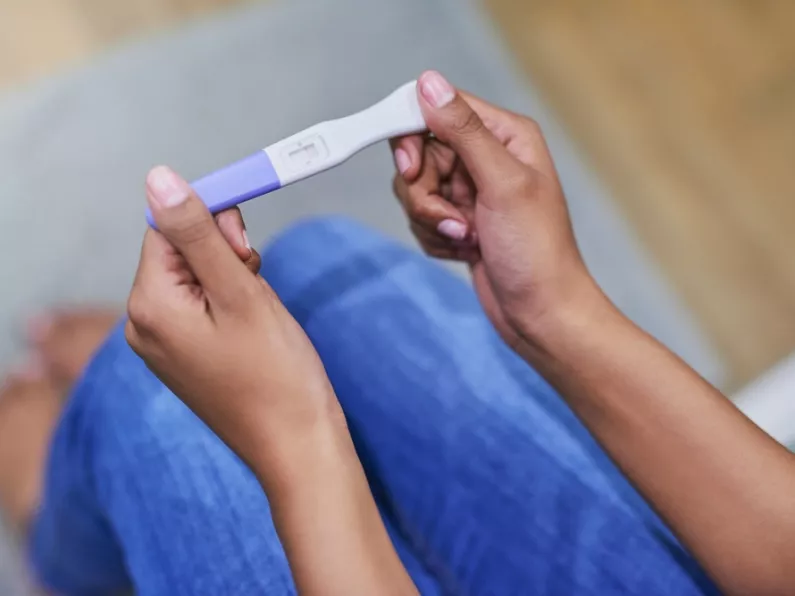Early pregnancy symptoms: what you need to know.
Finding out you're pregnant can be one of the happiest days of your life. But if the baby was unplanned, it can also be a very scary and lonely time.
Whatever the situation, you may experience some early symptoms that make you think you're pregnant or that in hindsight make you realise the signs were there.
Although many women will have no idea they're pregnant until they miss a period, others will experience symptoms that make them take a test.
Early pregnancy symptoms: what you need to know
If you’re pregnant, you may notice early signs such as:
- mild cramping and spotting
- tiredness
- nausea
- food aversions
- tingling or sore breasts
- peeing a lot
- bloating
- motion sickness
- mood swings
- temperature changes
Other signs may include:
- high blood pressure
- extreme fatigue and heartburn
- faster heartbeat
- breast and nipple changes
- acne
- noticeable weight gain
- pregnancy glow
How early can I know if I'm pregnant?
Your doctor will calculate your due date based on the date of your last period. That means your last menstrual cycle is considered week 1 of pregnancy, even if you weren’t actually pregnant yet. (Confused yet?!)
This means you may not have any symptoms during the first few weeks of your pregnancy.
But some women sense it from as early as two weeks.
Cramping and spotting
The cramping and spotting that can occur in early pregnancy is called implantation bleeding and happens when the fertilised egg implants in the uterus.
But many woman mistake it for their period.
However, there are some key differences including:
- Volume: Implantation bleeding is usually much less than your usual period. It’s often described as light bleeding that never turns into a flow or enough to need a tampon
- Pain: Pain is usually milder than your usual menstrual pain
- Duration: Implantation bleeding is likely to last less than 3 days. It can sometimes last only a few hours.
Because many women bloat in early pregnancy, this can also be mistaken for PMS rather than pregnancy.
Missed period
Once implantation is complete, your body will begin making human chorionic gonadotropin (hCG).
This hormone helps the body maintain the pregnancy and it tells the ovaries to stop releasing mature eggs each month.
You will likely miss your next period four weeks after conception. But if you typically have an irregular period, this won't be a tell-tale sign.
It's a missed period that makes most women take a pregnancy test.
Other common symptoms
Nausea, food aversions, fatigue and a very sensitive sense of smell are common early pregnancy symptoms.







